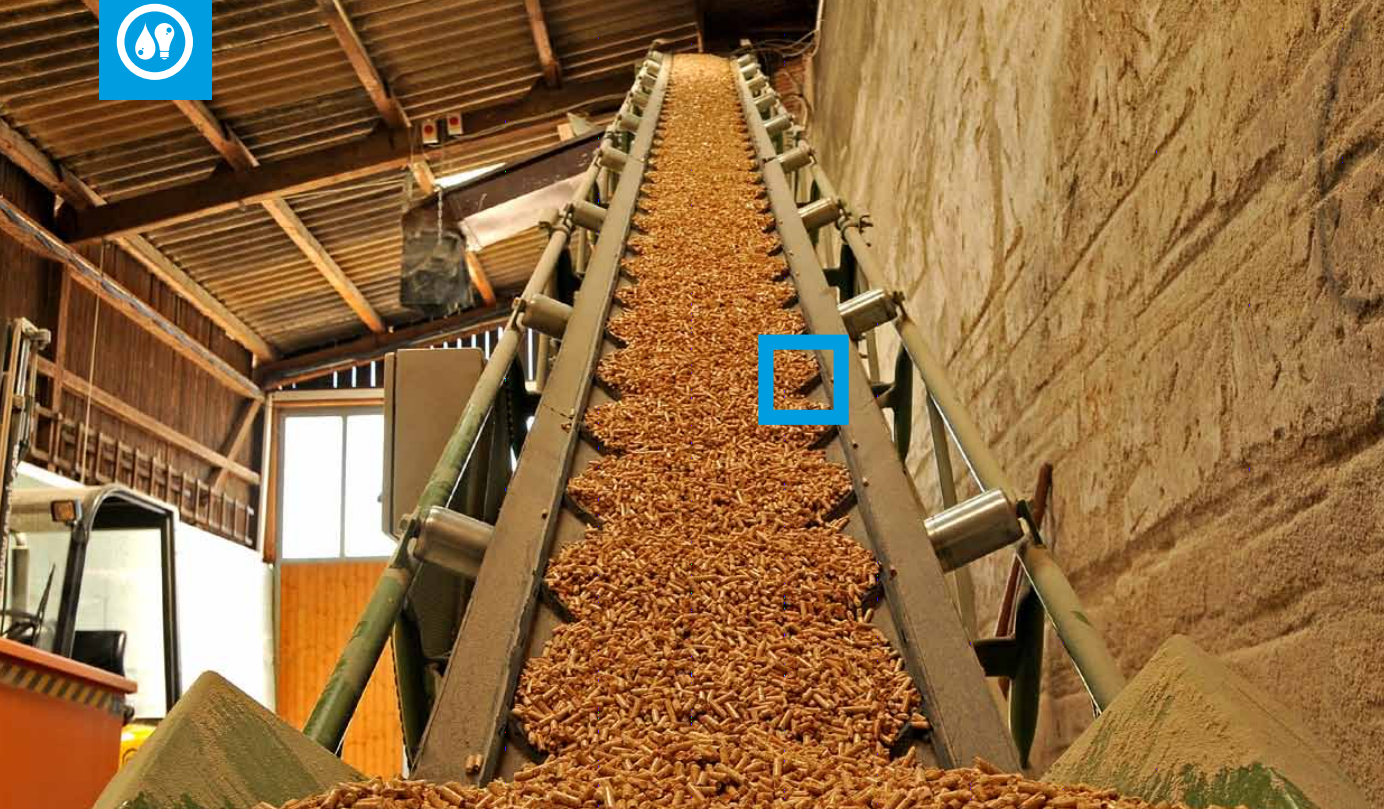
From Whence the Wood?
Supply chain transparency and the origin of solid biomass for electricity generation in the Netherlands

The use of solid biomass as feedstock for electricity generation is becoming an increasingly prominent and controversial topic in the global debate about the transition to a sustainable system of energy provision and consumption. Increasing emissions of carbon dioxide (CO2) from the combustion of fossil fuels such as coal, lignite, oil, and natural gas for electricity generation is currently the most significant driver of anthropogenic greenhouse gas (GHG) emissions and climate change. If produced under sustainable conditions, solid biomass can offer a potential path to addressing climate change by substituting fossil fuels and reducing GHG emissions. On the other hand, if produced and procured in an unsustainable manner, the use of biomass for electricity production can actually lead to an increase in CO2 emissions and thus have a negative overall climate effect. The production of solid biomass for electricity generation also carries with it several other social and environmental risks related to issues such as forest degradation, loss of biodiversity, land tenure/rights violations, and human rights abuses. Detailed knowledge about the origin of the supply of solid biomass used for electricity generation is thus essential for determining whether biomass-based electricity generation is genuinely contributing to sustainable development. Given the potential direct and indirect social and environmental impacts of solid biomass production, it is crucial that civil society, regulators, consumers and companies themselves have sufficient and specific information about from where the biomass entering the Netherlands one of the worlds largest consumers of biomass comes: where it is produced, what the feedstock is, and who is responsible for importing it. The question From whence (i.e. from where) the wood? has never been more relevant. This report aims to improve the social and environmental conditions under which solid biomass is produced. By examining the degree of biomass supply chain transparency provided by the six largest individual consumers of solid biomass for electricity generation in the Netherlands electric utilities E.ON, Eneco, EPZ (DELTA), GDF Suez, RWE/Essent, and Vattenfall/Nuon the report aims to increase the public and political pressure on electricity companies to take responsibility for ensuring that minimum social and environmental standards are respected throughout the biomass supply chain.
Do you need more information?
-

Joseph Wilde-Ramsing
Advocacy Director
Publication

Related news
-
 Civil society organisations push for transformative global investment rulesPosted in category:News
Civil society organisations push for transformative global investment rulesPosted in category:News Bart-Jaap VerbeekPublished on:
Bart-Jaap VerbeekPublished on: -
 The Counter: strengthening the fight for climate justice around the worldPosted in category:Long read
The Counter: strengthening the fight for climate justice around the worldPosted in category:Long read Luis ScungioPublished on:
Luis ScungioPublished on: -


